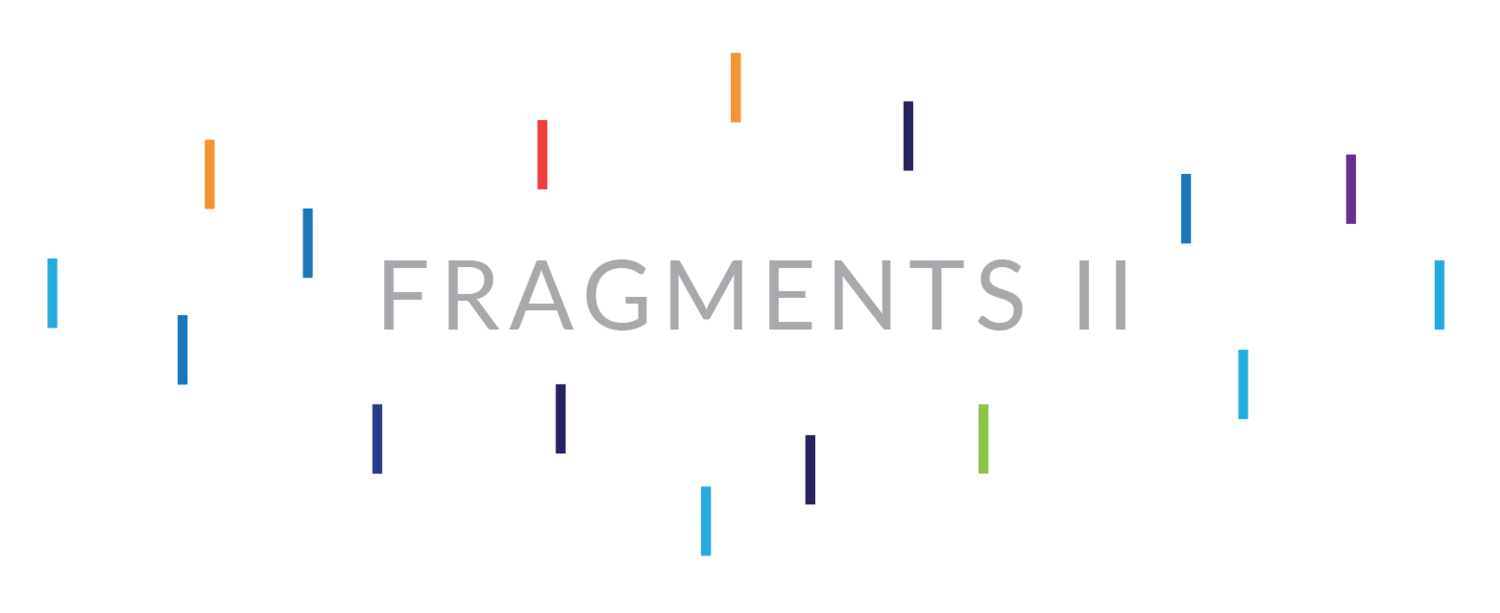The Unlikely Side-Effects of Finishing School
I’ve been meaning to write this blog for a while. Interrupted by so many other pressing tasks, I simply haven’t got around to completing it. And that has been playing on my mind.
The effect of uncompleted actions was famously studied by two psychologists in the first half of the 20th century, Bluma Zeigarnik and Maria Ovsiankina. Together, their insights helped us understand why we remember (The Zeigarnik Effect) and why we are motivated to complete (The Ovsiankina Effect) activities that have been interrupted or remain unresolved.
Have you ever wondered, when you go to a restaurant, how your waiter is able to remember the details of your order? Have you ever wondered why we are all so motivated to watch the next episode of the Netflix series we are watching? Zeigarnik and Ovsiankina believed that, in both cases, the answer lies in the way in which uncompleted actions establish a kind of cognitive tension, energy and focus.
So it has been proven that, once the bill is paid, most waiters can no longer recall the details of an order. Similarly, once an interrupted act has been completed, our sense of compulsion and even our sense of its importance lessens considerably - even with our favorite Netflix series.
In short, once we complete an action and once we achieve our goal, our attention quickly moves to something else and we start to forget.
Talking of forgetting, much has already been written about how much and how quickly we forget after any learning experience. Back in the 1880s, another psychologist, Hermann Ebbinghaus, famously concluded that without any reinforcement or connection to prior knowledge, 75% of information is forgotten within six days.
My suggestion is that some of this might be connected to our tendency in schools to build systems and structures rooted upon the notion of task resolution and completion; a tendency that, I suggest, has some unfortunate side-effects.
Without wanting to draw this argument to a conclusion (for obvious reasons), I am sure that we can all think of examples that illustrate the point, with perhaps the most obvious being the tendency to reduce student achievement to a series of checkpoints or assessments that, in one way or another, signify “completion”.
Like levels in a video game, an A-grade in an assessment, passing an examination, even Graduation itself, are powerful signifiers of completion and resolution. Insofar as the cognitive tension is resolved in our students, however, the motivation and the capacity for recall may, exactly at this moment, be thrown into jeopardy.
Just think for a moment, how many times have you had the occasion to look back to your own school days and wonder how you could have forgotten so much?
Could it be that the throwing of our caps into the air is precisely the moment at which our minds are given permission to undergo a form of “hard refresh”?
Now, in contrast to what some might think, I’m not saying that our schools shouldn’t have milestones, checkpoints and celebrations at the end of school. That would fall into the trap of resolving this issue far too quickly. But I do think we need to consider the side-effects of the structures that we build, if only to mitigate against them as best we can.
Photo by Valentin B. Kremer on Unsplash




